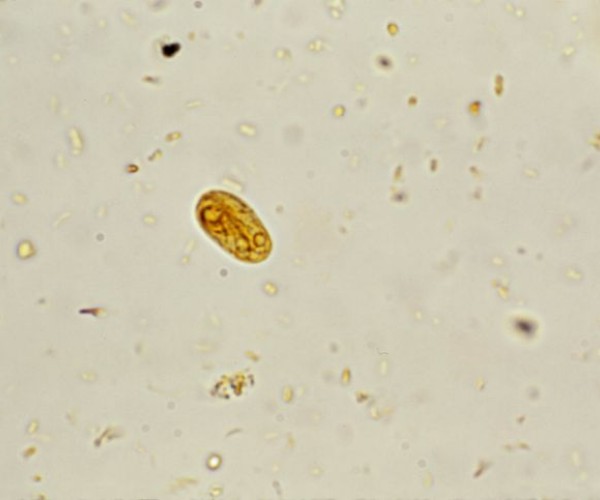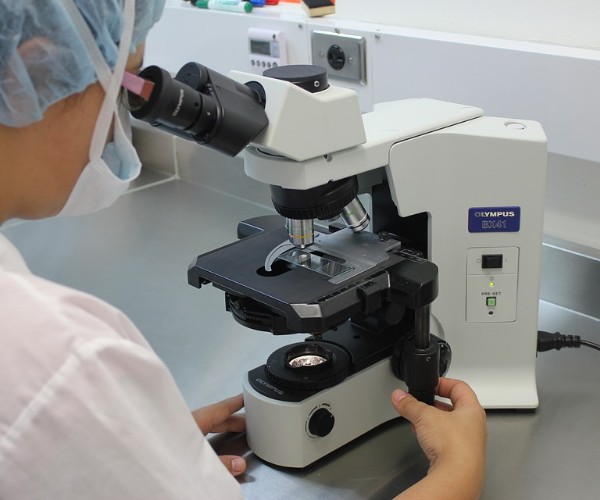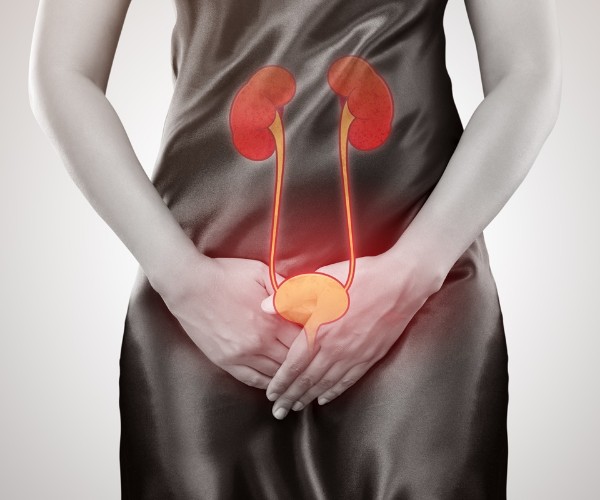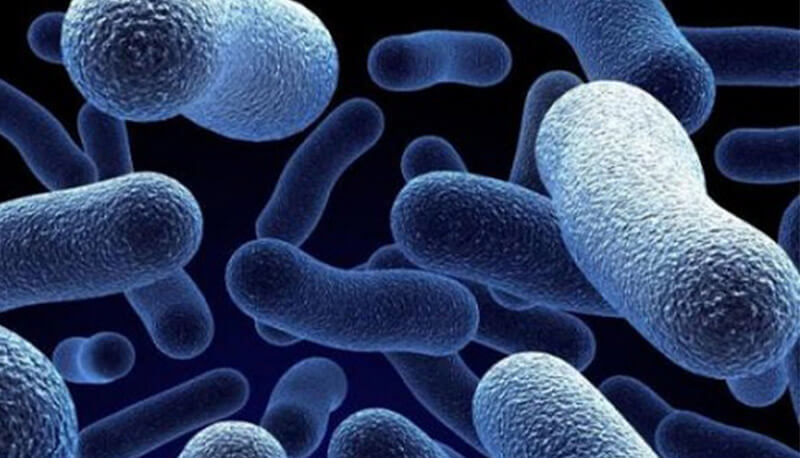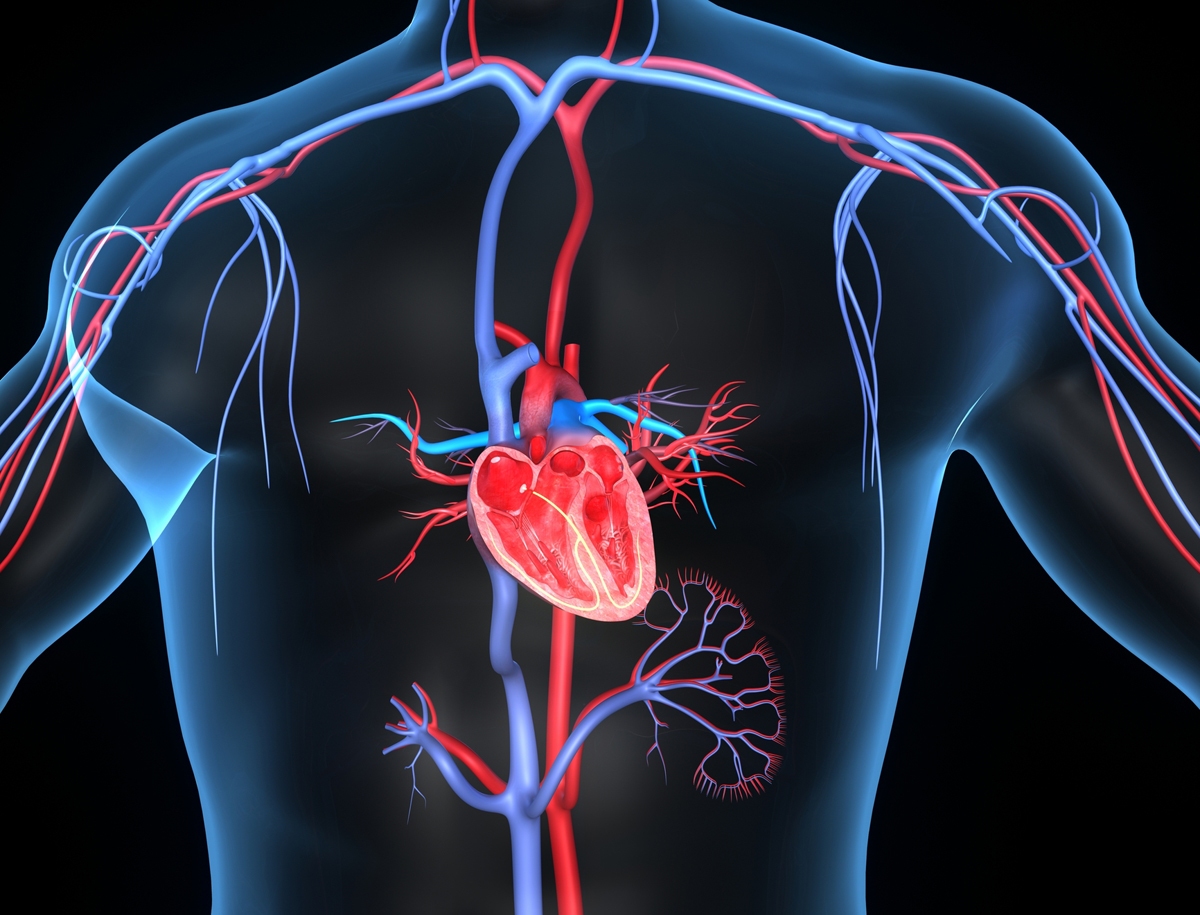According to a British study, one of the best ways to reduce antibiotic-resistant Escherichia coli infections would be the generalized habit of washing hands after using the bathroom. Infections produced by this bacterium-dangerous and potentially fatal-are commonly attributed to undercooked meat or raw vegetables, but when researchers did a genetic analysis of thousands of samples, they found that most E. coli infections in the United Kingdom were caused by a strain found in the human gut and sewage, but rarely found in food.
The authors of the study published in Lancet Infectious Diseases infer that the infection is spread primarily by human fecal particles transmitted from person to person. David M. Livermore, the University of East Anglia medical microbiologist who coordinated the study, calls E. coli a “Jekyll and Hyde organism”: in fact, the bacterium lives normally in the intestines of humans and animals without producing any harm, but some strains can be very dangerous and can be responsible for food poisoning and bloodstream infections. Until recently, these conditions were easily treated with antibiotic prophylaxis, but for the past 15 years or so, Escherichia coli has become more resistant to antibiotics and much more difficult to treat, effectively turning into “superbugs”, one of those deadly bacteria that, in Italy alone, causes more than 10,000 deaths a year.
To learn more about the spread of E. coli and thus infer its mode of transmission, british researchers performed genome sequencing on samples collected in 2013 and 2014 from humans, animals and sewage in five areas: London, East Anglia, Northwest England, Scotland, and Wales.
DNA sequencing showed an abundance of antibiotic-resistant E. coli strains in wastewater and retail chicken meat, rarely on other meats and never on plant-based foods. In addition, samples of a particular resistant strain, called ST131, collected from human blood, feces, and sewage combined: ” the problem we encountered – Livermore deduced from this – is the circulation of resistant E. coli adapted to the human organism and not infections derived from the food chain“.
As some infectiologists have pointed out, it is obviously important to practice good food safety practices, but the study suggests that good hand hygiene to prevent transmission is by far the most effective measure. Attention to hygiene is particularly relevant in homes for the elderly, as most serious E. coli urinary tract infections occur in those settings.
Source: Day MJ, Hopkins KL et al. Extended-spectrum β-lactamase-producing Escherichia coli in human-derived and foodchain-derived samples from England, Wales, and Scotland: an epidemiological surveillance and typing study. Lancet Infect Dis. 2019 Oct 22.

















